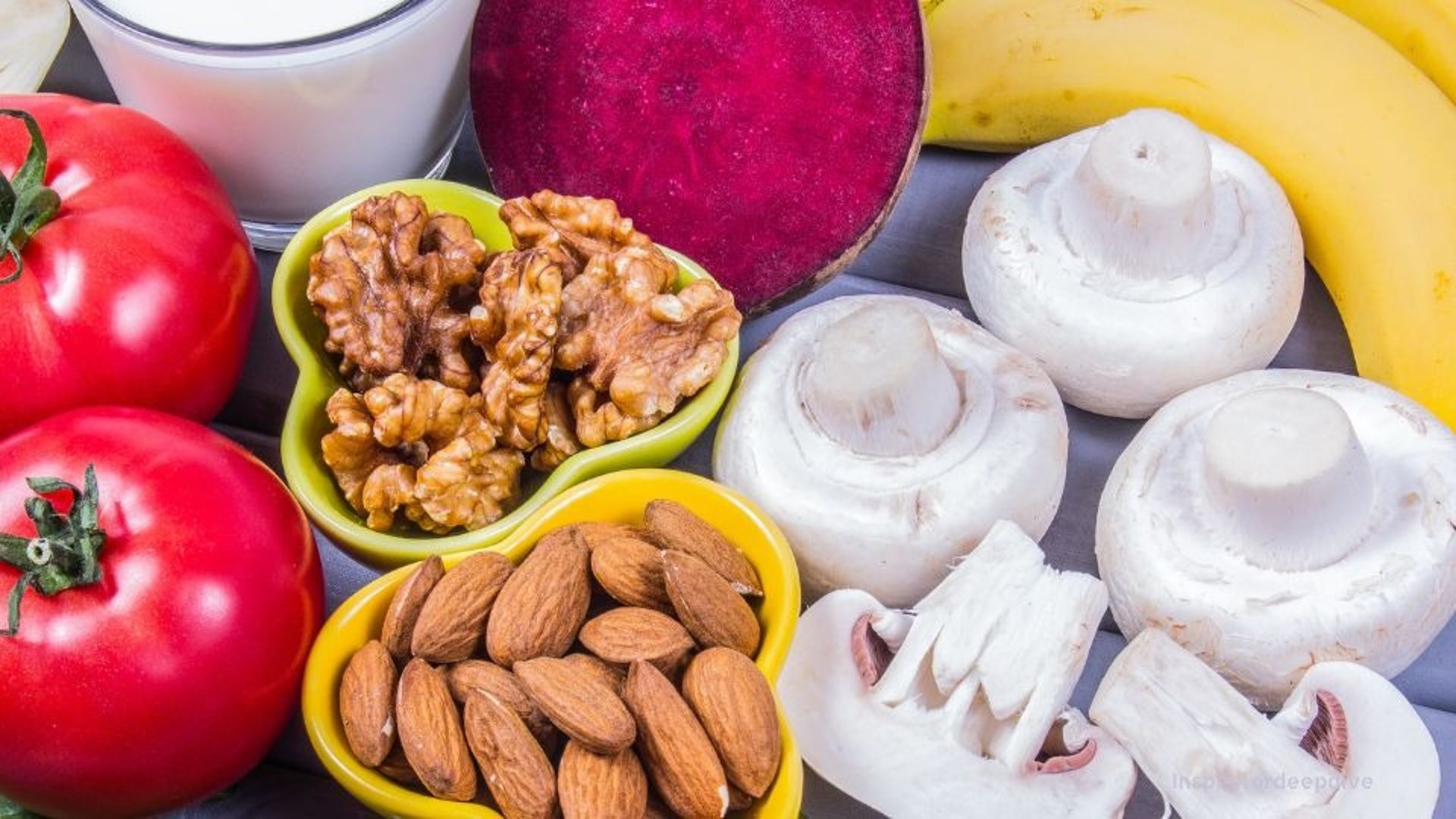Vitamin B7 (Biotin): Energy, Hair, Skin, and Nails

Vitamin B7 (Biotin): Energy, Hair, Skin, and Nails.
What Is Vitamin B7?
Imagine a tiny, hardworking helper inside your body that's essential for turning the food you eat into the energy you need, all while keeping your hair, skin, and nails looking their best. That's Vitamin B7, also known as biotin!
This water-soluble vitamin is a key member of the B-vitamin family. It plays a crucial role in your body's metabolism, acting like a tiny spark plug that helps break down carbohydrates, fats, and proteins from your meals into usable energy. Beyond that, biotin is a superstar for your appearance, supporting the health and strength of your hair, skin, and nails. It's truly a vital nutrient that keeps many of your body's systems running smoothly and looking great!
What Does Vitamin B7 Do for Your Body?
Energy Production: Helps break down carbohydrates, fats, and proteins into energy by producing essential coenzymes.
Hair, Skin, and Nails: Supports keratin production, which strengthens hair, skin, and nails.
Immune Support: Aids immune function and wound healing.
Blood Sugar Regulation: Plays a role in glucose metabolism and insulin sensitivity.
How Vitamin B7 Is Absorbed
Biotin is absorbed in the small intestine. Excess is excreted in urine, so regular intake is needed. Alcohol, some medications, and poor gut health can reduce absorption.
Top Food Sources of Vitamin B7 (per 100g)
Liver: 30–50 mcg
Sunflower Seeds: 15–25 mcg
Almonds: 10–20 mcg
Whole Eggs: 10–25 mcg
Salmon: 5–10 mcg
Cheese: 2–5 mcg
Sweet Potatoes & Avocado: 2–3 mcg
Spinach & Broccoli: 1–2 mcg
Daily Vitamin B7 Requirements
Infants (0–6 months): 5 mcg
Children (1–3 years): 8 mcg
Adults: 30 mcg
Pregnant Women: 30 mcg
Breastfeeding Women: 35 mcg
Signs You’re Getting Enough
Good energy levels
Healthy hair, skin, and nails
Strong immune system
Signs of Deficiency
Fatigue
Brittle nails, thinning hair
Dry skin
Neurological symptoms like numbness or depression
Supplements
Available as capsules, tablets, liquid drops, or in multivitamins. Best taken with meals, morning or evening. High doses are usually safe but may cause mild digestive discomfort or affect lab tests.
Who May Need Supplements?
Chronic alcoholics
Older adults
Pregnant women
People with malabsorption disorders
Medication Interactions
Antibiotics, anticonvulsants, and some diabetes medications may affect biotin levels.
Lifestyle Factors Affecting Absorption
Smoking and poor gut health can reduce biotin levels.
Biotin is water-soluble, so fat intake has less effect on absorption.
Cooking and Storage
Biotin is fairly stable to heat and light.
Proper storage helps preserve vitamin content.
Myths
Biotin is only for hair and nails (it also supports energy and immunity).
Supplements are always better than food (a balanced diet usually provides enough).
Fun Facts
Discovered in 1927 during yeast studies.
Also called “vitamin H” from the German word for hair.
Environmental Considerations
Vegan sources include fortified cereals and nutritional yeast.
Choosing local produce reduces environmental impact.
Special Populations
Athletes may need more for energy.
Children need biotin for growth and brain development.
Elderly may benefit from supplements due to absorption issues.
Tracking Intake
Use nutrition apps or food diaries.
Blood tests can check levels if deficiency is suspected.
Recent Research (2025)
New supplement forms with better absorption.
Possible protective effects on neurological health and skin.
Eco-friendly production methods emerging.
info@inspectordeepdive.com
© 2025 food.InspectorDeepDive.com. All rights reserved. Content may not be copied or republished without permission.
This article is for informational purposes only. InspectorDeepDive.com does not provide medical advice. Always consult a licensed healthcare provider before making dietary or health decisions.
